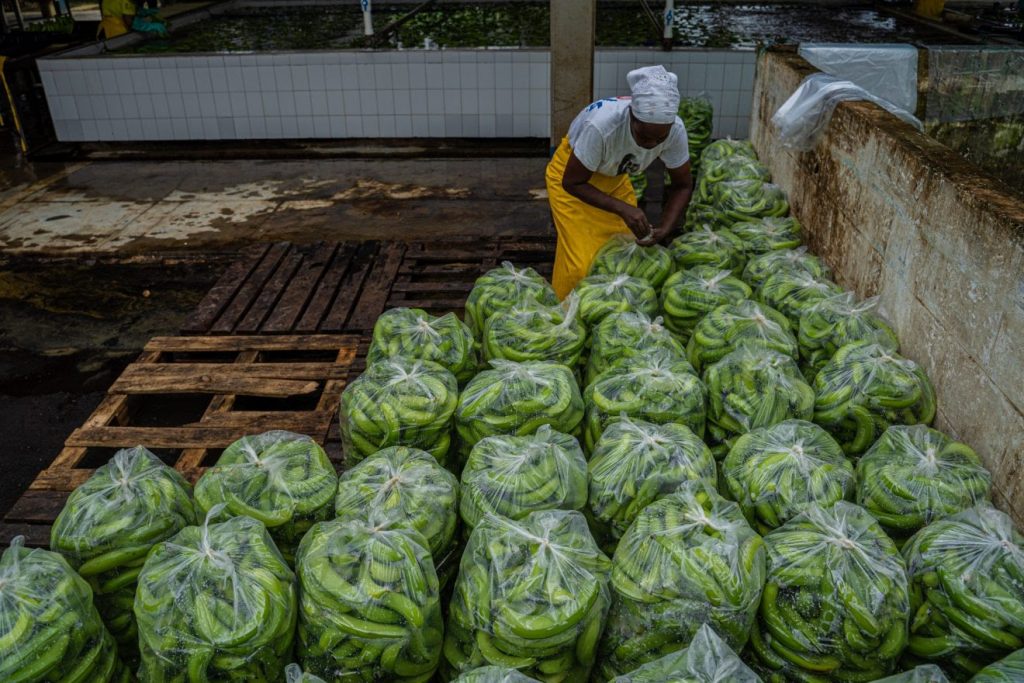Emerging economies turn to price controls as monetary policy fails to stop high inflation

As monetary policy has failed to stop high inflation, some emerging economies have begun adopting price controls. Last week Colombia announced measures such as capping costs for agricultural imports and launching new subsidies after inflation doubled its 3% target for January.
Hungary, Serbia, and North Macedonia are also experimenting with price controls, freezing prices for energy, food, and mortgages. But some consider such controls extreme. A policymaker in Poland, for example, stirred uproar with a proposal to regulate bread, sugar and flour prices.
These policies, now adopted by right-wing administrations facing restive electorates, were previously derided by the right and by mainstream economists as ineffective and distortionary. But embattled presidents facing upcoming elections are increasingly considering price controls, despite the risks—just like with over-accommodative monetary policies—of causing hangovers for economies already dealing with supply-side issues.
Emerging market central banks appear to be nearing the end of tightening cycles as the Federal Reserve inches towards rate rises, the FT’s Jonathan Wheatley reports. While emerging market central banks typically follow the Fed’s lead, high inflation, vulnerable populations, and risks for large outflows prompted policymakers from Russia to Peru to begin raising rates in large increments last year.
Thirty-three developing countries have raised rates since the start of last year by a combined total of 85 percentage points, according to Central Bank News. Latin America’s experience with debilitating inflation means the region’s independent central banks have been tightening even more aggressively than many of their peers. Brazil last week pushed up rates to 10.75 percent after inflation ended 2021 in double digits, while Mexico, Peru, and Colombia have also recently tightened policy sharply.
Such policies have bolstered market confidence, but additional raises risk triggering recession as radical tightening has been ineffective at addressing supply-side issues, which risk becoming entrenched. The economic and political threat of inflation appears to have prompted such an aggressive response that high-interest rates amid slowing growth and high debt levels could be jeopardizing weak recoveries.







